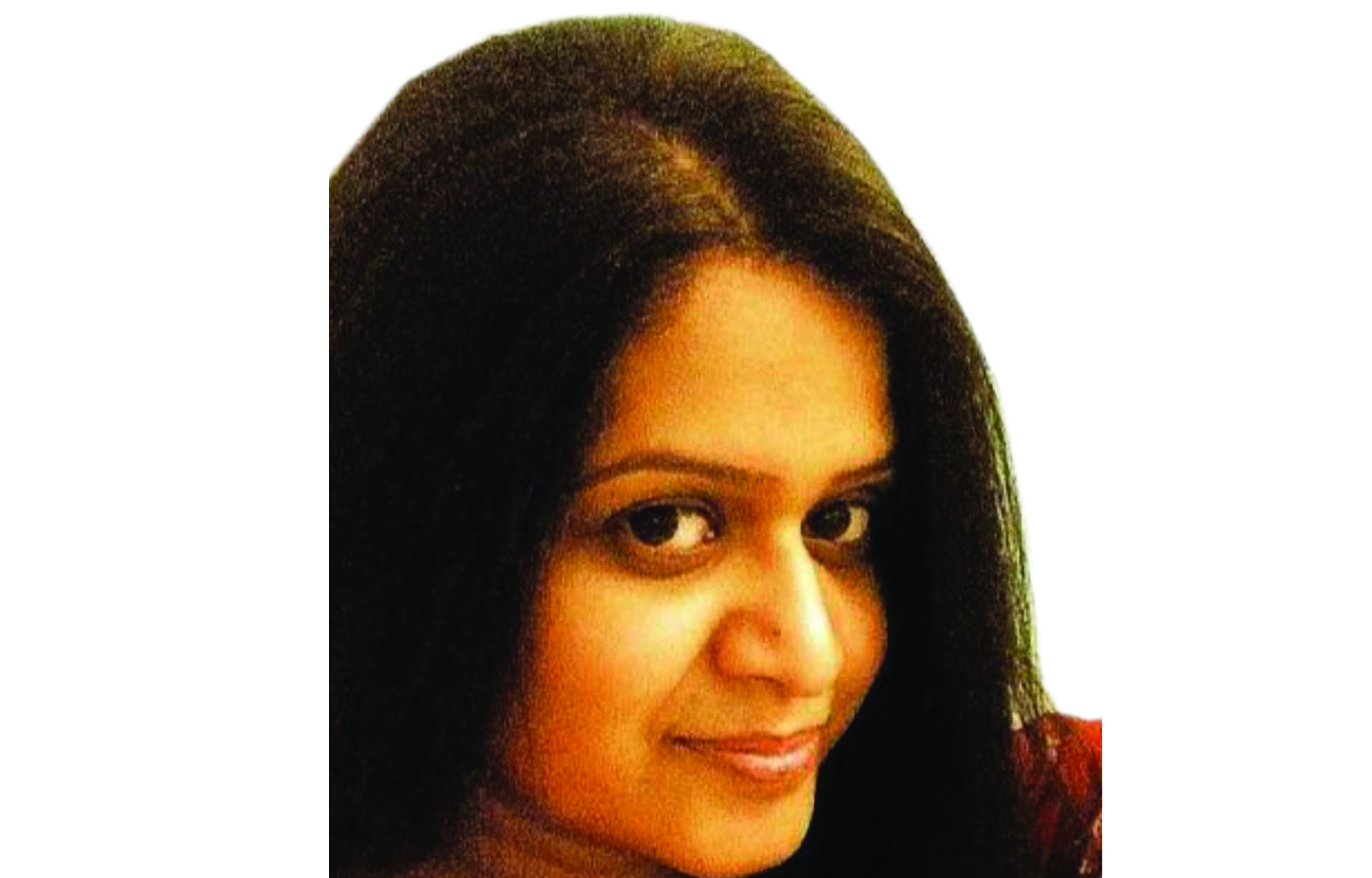
have often wondered on the concept of identity and how we, as human beings, relate to it. While sociologists often point out solidarity and allegiance as strong characteristics in forming one's identity, there is, I believe, a certain fluidity that we often experience, as expatriates or residents, when we are away from surroundings that do not naturally form a part of who we are.
Being born and raised in the UAE to Indian parents means that I have had a dual concept of identity from a very young age- with home in its geographical sense being the UAE and the whole Indian culture, cuisine and experiences being part of my ethnocultural identity.
I did read a piece elsewhere on the posthumously published book about the British-Jamaican sociologist Stuart Hall, which speaks about his dual identities and subsequently his split sensibilities- what I found interesting was the changes that he observed through the lens of time in both his identities. A reason why perhaps Hall, in his essays, explored the concept of identity in detail, defining it as an idea constructed on the back of some common origin or shared characteristic with another person, group or an ideal.
Yet, despite the 'oneness' of it, identities even within the confines of such a group or ideology, are subject to the play of difference and power and as such always undergoes radical changes, as despite the shared ancestry or history that binds people together, individuals or units are different in their own ways. This is why it is significant to view the creation of identities as something that is constructed through, not outside differences.
Furthermore, Hall underlines the fact that it is not their power to attach but rather their capacity to exclude- a self-constructed form of closure, even though it is unspoken, that is deemed as fundamental to the creation of identities. This is why Hall argued that technically the concept of identity was an imaginary concept, as it unsettled the 'I' to form the 'we'. As a child I often felt, like many of my friends raised abroad, that I fell short of both cultures in different ways, but as an adult, I appreciate today the fact that I have an identity which is a synthesis of both cultures and have traits that are from both these worlds.
[email protected]



